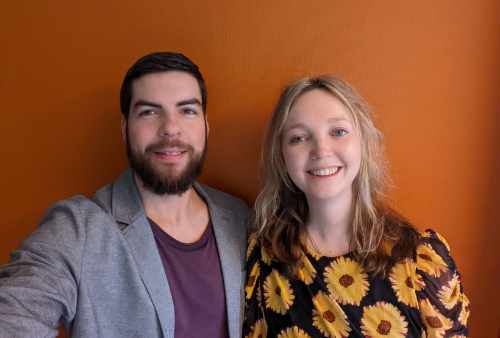In our last post, I explored the many potential upsides of attending a psychedelic group retreat. However, along with the benefits, the group format also has certain drawbacks and limitations.
While community and collective wisdom can facilitate profound healing for many, forced vulnerability around strangers and adhering to a set schedule do not suit everyone’s needs. Personality dynamics and lack of privacy may present challenges.
Here, I’ll explore some common downsides of psychedelic work in a group retreat context. I aim not to discourage this format, which I still recommend to many. One should reflect on one’s goals and temperament to determine if a private or solo experience may serve them better.
With the proper preparation and intention-setting, the positives can outweigh the negatives. Let’s examine the key group retreat factors that warrant deliberation depending on each individual.
1. Lack of Privacy
One potential drawback of group retreats is the lack of privacy for much of the experience. With shared accommodations and public group spaces, the ability to control set and setting is limited.
This could be uncomfortable for those who feel particularly vulnerable or exposed around others when journeying with psychedelics. These shared states are intimate, but not everyone may wish to be emotionally open with strangers.
Moments of solitude to decompress privately are also harder to come by in group facilities. While togetherness has power, time alone is also crucial for processing.
For activities like art-making, journaling or integration, some may find it distracting or inhibiting to have others nearby. The presence of others interferes with plumbing one’s inner depths.
While skilled facilitators work to foster psychological safety, forcing emotional openness with relative strangers can backfire for some personality types. Privacy enables a more controlled container.

2. Group Dynamic Challenges
In addition to privacy concerns, the interpersonal dynamics of group retreats can also pose challenges for some. Navigating different needs, preferences, and personalities requires compromise.
You may be reluctant to be as openly vulnerable around those you’ve just met versus a trusted guide or loved one. Different comfort levels in sharing publicly can cause tension.
The group activities and flow are designed to meet collective needs, which may not perfectly align with your ideal solo process. Balancing personal preferences with group demands takes flexibility.
If interpersonal friction or conflicts arise, avoiding or ignoring them in a contained group over an extended time than in everyday life can be harder. Personality clashes get amplified.
While bonded by shared intention, psychedelic work makes emotions rise to the surface – not everyone will experience this in perfect harmony. Navigating group differences takes patience.
3. Structural Constraints
In addition to group interpersonal challenges, the structural design of retreats also imposes some constraints compared to solo trips. The fixed schedule and activities limit personal flexibility.
In a group context, sessions and programming must adhere to a set timeline to accommodate everyone. This means you cannot always perfectly modify activities to suit your needs that day.
The group activities are also catered to the collective, so your ability to customize your own process is more limited. Some personal preferences get overruled by majority decisions.
You may also get less individualized preparation and integration support with multiple participants per facilitator than working 1:1 with a guide. Staff attention gets divided.
Of course, skilful leaders adapt to the needs of individuals within the structure and schedule. However, some may feel too confined by programmed group activities to journey deeply inward.

4. Integration Disruptions
While retreats aim to provide integration support (though some lack this completely), returning to one’s ordinary life afterwards can still challenge sustaining benefits alone. Group integration momentum gets disrupted.
The stark contrast between the communal retreat container and mundane solo existence can feel jarring. Maintaining psychedelic insights without the group anchor requires vigilance.
Whereas at the retreat, you are immersed continually in contemplation, music, nature, and support, everyday life often lacks cues prompting reflection.
Once responsibilities resume, it’s easy to feel distant from the psychedelic mindset. Daily concerns distract from integrating epiphanies. Self-care may slide without scheduled meals and activities.
This points to the larger risks of any intensive personal development experience – be it a retreat, seminar, or immersion program. How can transformation be removed from the temporary container?
Preparing for re-entry and establishing rituals and community to continue the work is vital, though challenging, next steps after group psychedelic experiences.
Recap of Psychedelic Retreat Downsides
While group retreats offer many upsides, potential drawbacks include a lack of privacy, navigating group differences, adhering to fixed schedules, and limited post-retreat integration support.
The forced group vulnerability and conformity may feel counterproductive for introverts or those desiring a meticulously tailored set and setting. Solo journeys – alone, with a friend, or with a trusted guide – provide more control.
That said, skilled facilitators minimize these risks through careful participant screening, establishing group norms, and providing post-retreat integration resources.
As with any format, personal reflection around needs and intentions helps determine if psychedelic group retreats offer the ideal container for your growth. There are pros and cons to group versus solo work. With eyes open to the potential downsides, thoughtful preparation can help mitigate challenges that may arise in communal settings.

